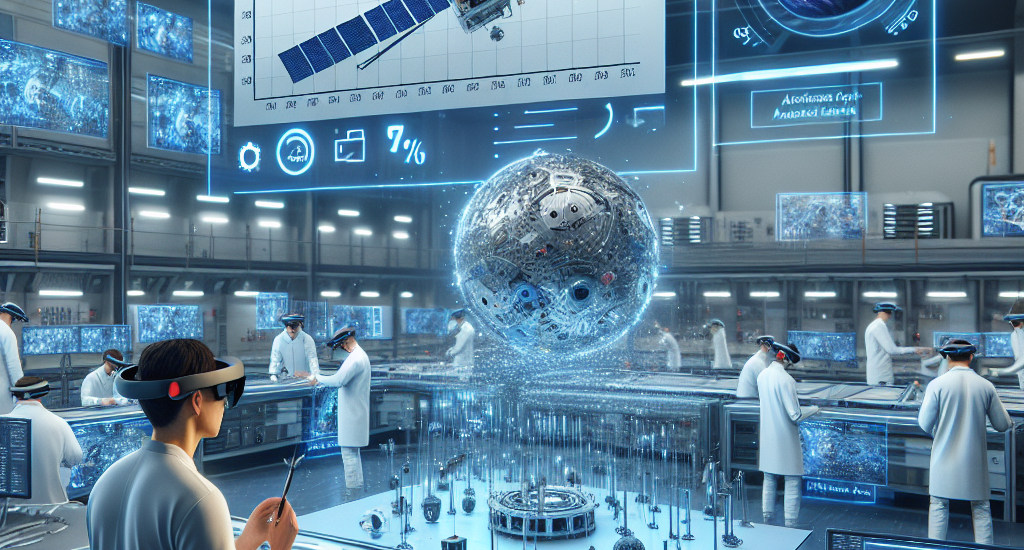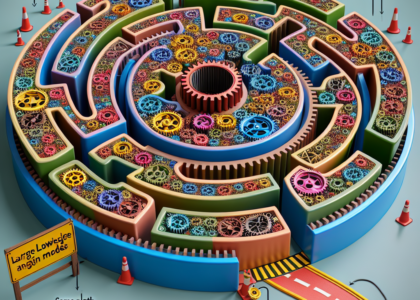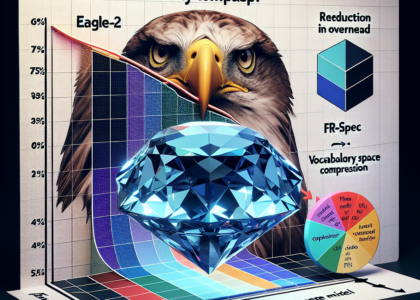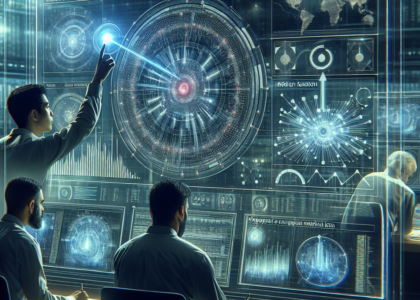Authors: Alvaro Patricio, Joao Valente, Atabak Dehban, Ines Cadilha, Daniel Reis, Rodrigo Ventura
Abstract: The integration of Artificial Intelligence (AI) and Augmented Reality (AR) is
set to transform satellite Assembly, Integration, and Testing (AIT) processes
by enhancing precision, minimizing human error, and improving operational
efficiency in cleanroom environments. This paper presents a technical
description of the European Space Agency’s (ESA) project “AI for AR in
Satellite AIT,” which combines real-time computer vision and AR systems to
assist technicians during satellite assembly. Leveraging Microsoft HoloLens 2
as the AR interface, the system delivers context-aware instructions and
real-time feedback, tackling the complexities of object recognition and 6D pose
estimation in AIT workflows. All AI models demonstrated over 70% accuracy, with
the detection model exceeding 95% accuracy, indicating a high level of
performance and reliability. A key contribution of this work lies in the
effective use of synthetic data for training AI models in AR applications,
addressing the significant challenges of obtaining real-world datasets in
highly dynamic satellite environments, as well as the creation of the Segmented
Anything Model for Automatic Labelling (SAMAL), which facilitates the automatic
annotation of real data, achieving speeds up to 20 times faster than manual
human annotation. The findings demonstrate the efficacy of AI-driven AR systems
in automating critical satellite assembly tasks, setting a foundation for
future innovations in the space industry.
Source: http://arxiv.org/abs/2409.18101v1





